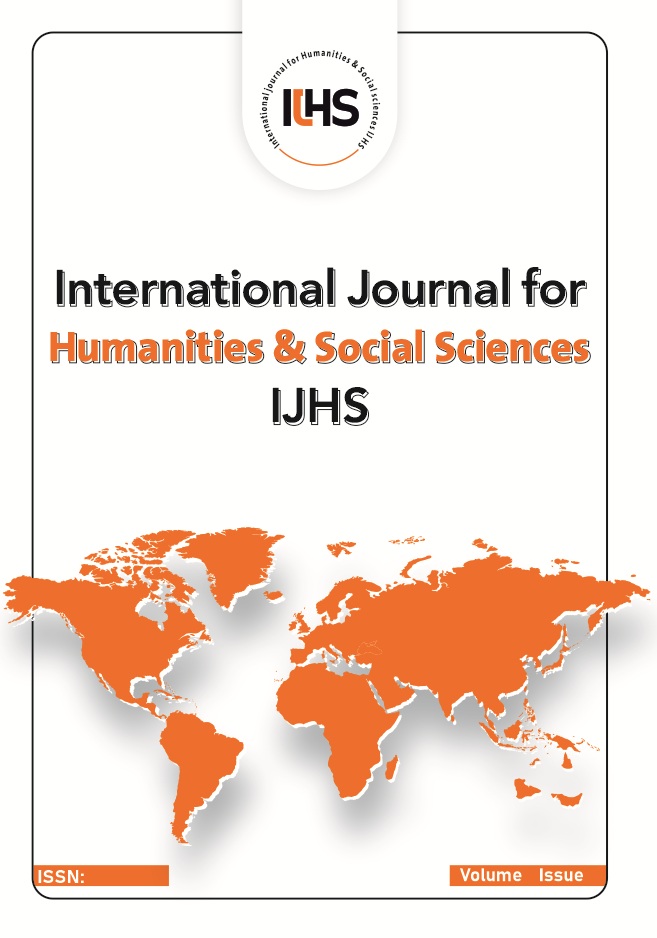An Analysis of The Speech Acts in Advertisement Slogans DOI :10.5281/zenodo.10581280
Main Article Content
Abstract
The major challenge the consumers face with the slogans is interpretation. The strategic patterns with which the slogans were designed leave the consumers in a state of quagmire. The work addressed those problems the consumers face in understanding speech acts used in advertisement slogans. The research also explained that advertisement slogans perform some acts. The research emphasized as well that the adequate understanding of the speech acts and intentions of the copywriters is insightful and rewarding and that the meaning abstracted from the acts controls the responses of the consumers. The research analyzed some slogans pinning down the various speech acts which enable the consumers interpret the purposes and the intentions of the advertisers. The qualitative content analysis with the descriptive survey method which enabled them inferred and generalized the finding of the study was adopted. The Mutual Contextual Beliefs as a pragmatic theory was adopted and it was found out that context and speaker’s intention play vital roles in conveying messages from advertisers to the audience. And that the meaning abstracted from the acts control the responses of the consumer unconsciously. It was recommended that consumers should watch out for the acts or functions inherent in every slogan as to clear certain confusion that arises from inadequate interpretations. We then concluded that some pragmatic and semantic squabbles facing advertisement can also be addressed through an adequate interpretation of the speech acts inherent in the slogans. Moreso, an adequate understanding of the various speech acts by the consumers as employed by the copywriters enable the consumers to make the appropriate choices.
Article Details

This work is licensed under a Creative Commons Attribution 4.0 International License.
International Journal for Humanities and Social Sciences (IJHS) is licensed under the http://creativecommons.org/licenses/by/4.0, which allows users to copy, create extracts, abstracts, and new works from the article, alter and revise the article, and make commercial use of the article (including reuse and/or resale of the article by commercial entities), provided the user gives appropriate credit (with a link to the formal publication through the relevant DOI), provides a link to the license, indicates if changes were made, and the licensor is not represented as endorsing the use made of the work. The authors hold the copyright for their published work on the IJHS website, while IJHS is responsible for appreciate citation of their work, which is released under http://creativecommons.org/licenses/by/4.0, enabling the unrestricted use, distribution, and reproduction of an article in any medium, provided that the original work is properly cited.

